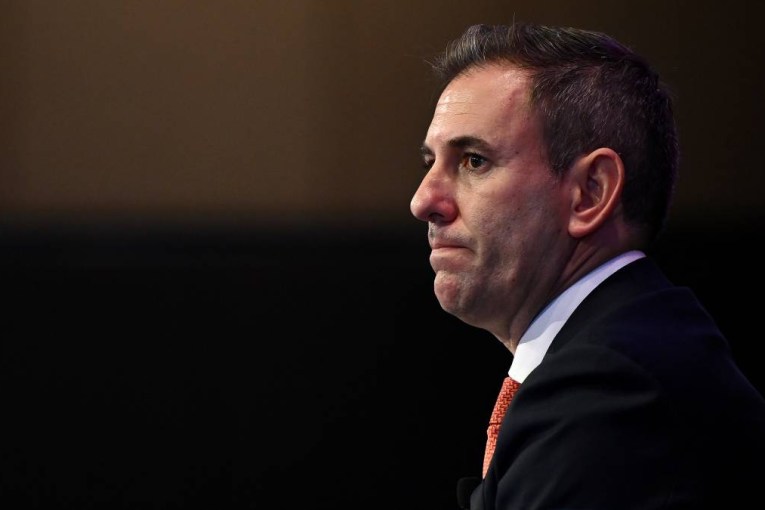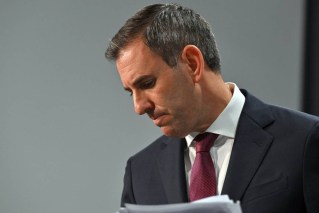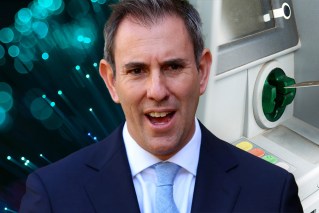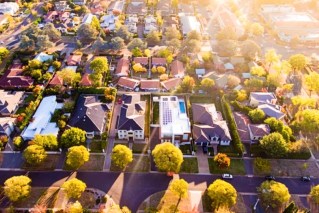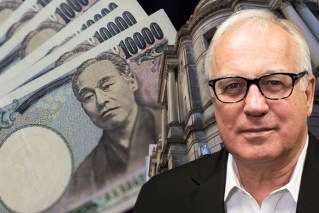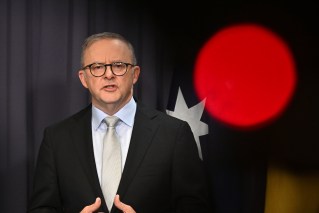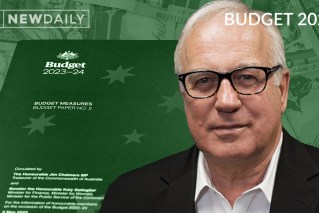Bushfires stoke recession fears as World Bank sounds alarm over debt

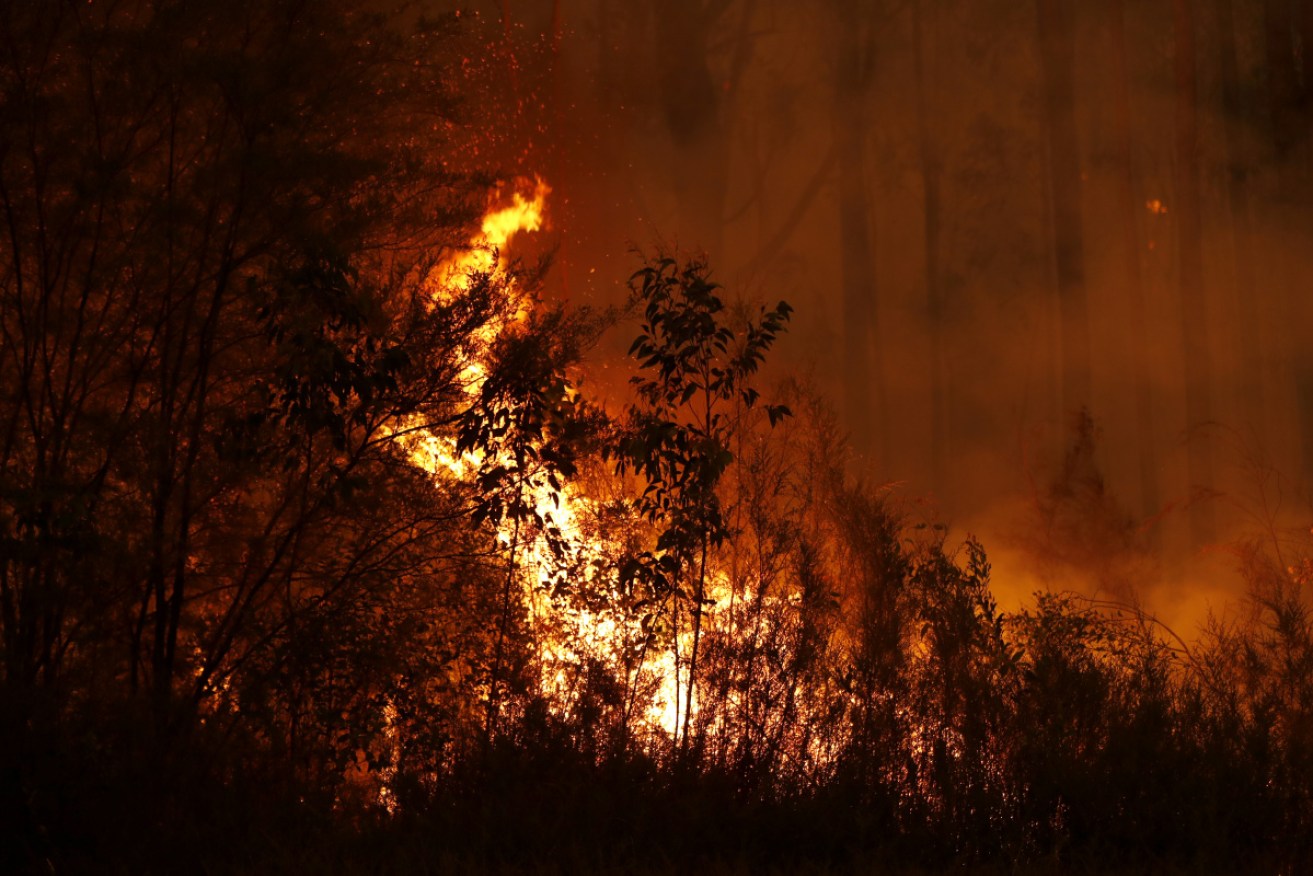
The bushfires will affect the entire economy. Photo: Getty
Devastating bushfires and global uncertainty are increasing the chances of a domestic recession at a time when Australia has limited capacity to deal with one.
The unprecedented bushfires have so far torched more than 10 million hectares – claiming 27 lives, destroying 2131 homes, and bringing entire towns to their knees.
The federal government has responded by announcing a $2 billion recovery fund, and state governments have already pitched in more than $1 billion on top of that.
But such spending will pale in comparison to the final economic cost, with economists predicting the catastrophic fires could slash GDP by 0.4 per cent.
And, to make matters worse, the bushfires have coincided with warnings from the World Bank over spiralling global debt levels.
According to Digital Finance Analytics principal Martin North, the bushfires are likely to tip Australia into recession over the next couple of quarters.
Fire-ravaged communities alone are expected to lose billions in lost retail, tourism and agricultural income, and surveys have already shown that consumers across the country are likely to cut spending even further.
The latest ANZ-Roy Morgan Australian Consumer Confidence Index showed confidence fell 1.7 per cent last week, at a time when new year optimism traditionally leads to an average boost of 3.4 per cent.
And horrific images of apocalyptic fires and dead animals will turn away large numbers of holidaymakers – meaning the economy’s fourth-largest income earner, tourism, is likely to take a major hit.
Based on the economic cost of the Black Saturday fires in 2009, Mr North said the current bushfire season could cut roughly $36 billion from Australia’s national economic output.
“That may sound alarmist, but I think it’s reasonable,” Mr North said, adding it was too early to calculate the exact impact as fires were still raging.
“That’s going to be over maybe two, maybe three, maybe four years – but that quantum is huge and therefore my own view is that we are probably likely to see a macroeconomic recession for at least a couple of quarters, but maybe more.”
Meanwhile, AMP Capital chief economist Shane Oliver estimated the bushfires would knock off 0.4 per cent from March quarter GDP (the equivalent of roughly $7.6 billion) – “mainly due to the impact on agriculture, tourism and consumer confidence and spending”.
While that could see GDP go backwards in the March quarter, Dr Oliver said high infrastructure spending, rising mining investment, and rebuilding activity down the track meant Australia would likely steer clear of a technical recession (defined as two consecutive quarters of economic contraction).
Tweet from @CallamPickering
Nonetheless, Dr Oliver said the RBA was likely to drop interest rates to a new record low of 0.5 per cent next month – in response to ongoing weakness in the domestic economy.
While it’s debatable whether another 25-basis-point cut would encourage consumers and businesses to spend and invest more, most economists would agree it leaves an already weakened Reserve Bank with even less power to deal with a potential recession.
And such a downturn is looking more likely, according to the World Bank.
In the latest edition of its bi-annual Global Economic Prospects, the financial institution said the current wave of debt accumulation, which began after the GFC, is “the largest, fastest, and most broad-based wave” in the last 50 years.
Low interest rates take some sting out of that threat.
But declining productivity, growing uncertainty, and slowing growth rates mean there’s plenty to worry about.
As World Bank Prospects Group director Ayhan Kose puts it: History “shows that these waves tend to have unhappy endings.”

